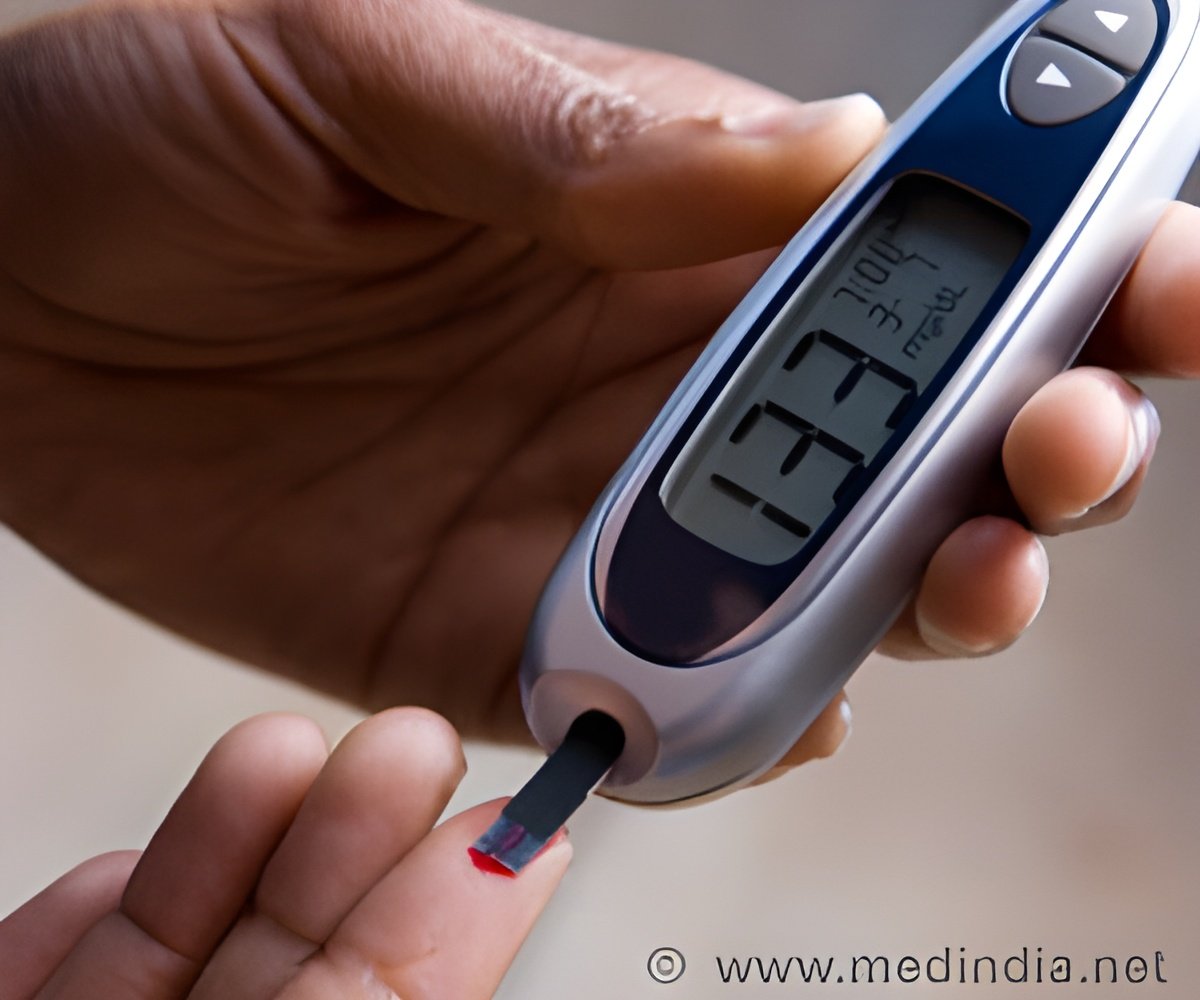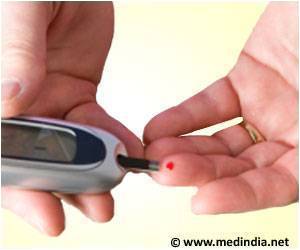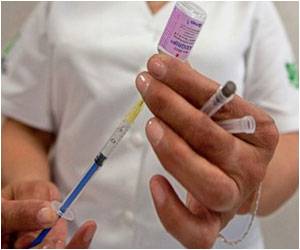Stress resilience in late adolescence is related to the subsequent development of type 2 diabetes in adulthood.

TOP INSIGHT
Low stress resilience earlier in life is associated with a higher risk of type 2 diabetes, possibly mediated by behavioral and physiological factors.
The results revealed that 20 percent of the men who scored stress resilience from one to three were 51 percent more prone to developing type 2 diabetes than the ones who scored 7 to 9 in the scale. The researchers found out that low-stress resilience increased the chances of developing the disease.
The authors conclude, "These findings suggest that psychosocial function and ability to cope with stress may play an important long-term role in etiological pathways for type 2 diabetes. Additional studies will be needed to elucidate the specific underlying causal factors, which may help inform more effective preventive interventions across the lifespan."
Source-Medindia
 MEDINDIA
MEDINDIA




 Email
Email










